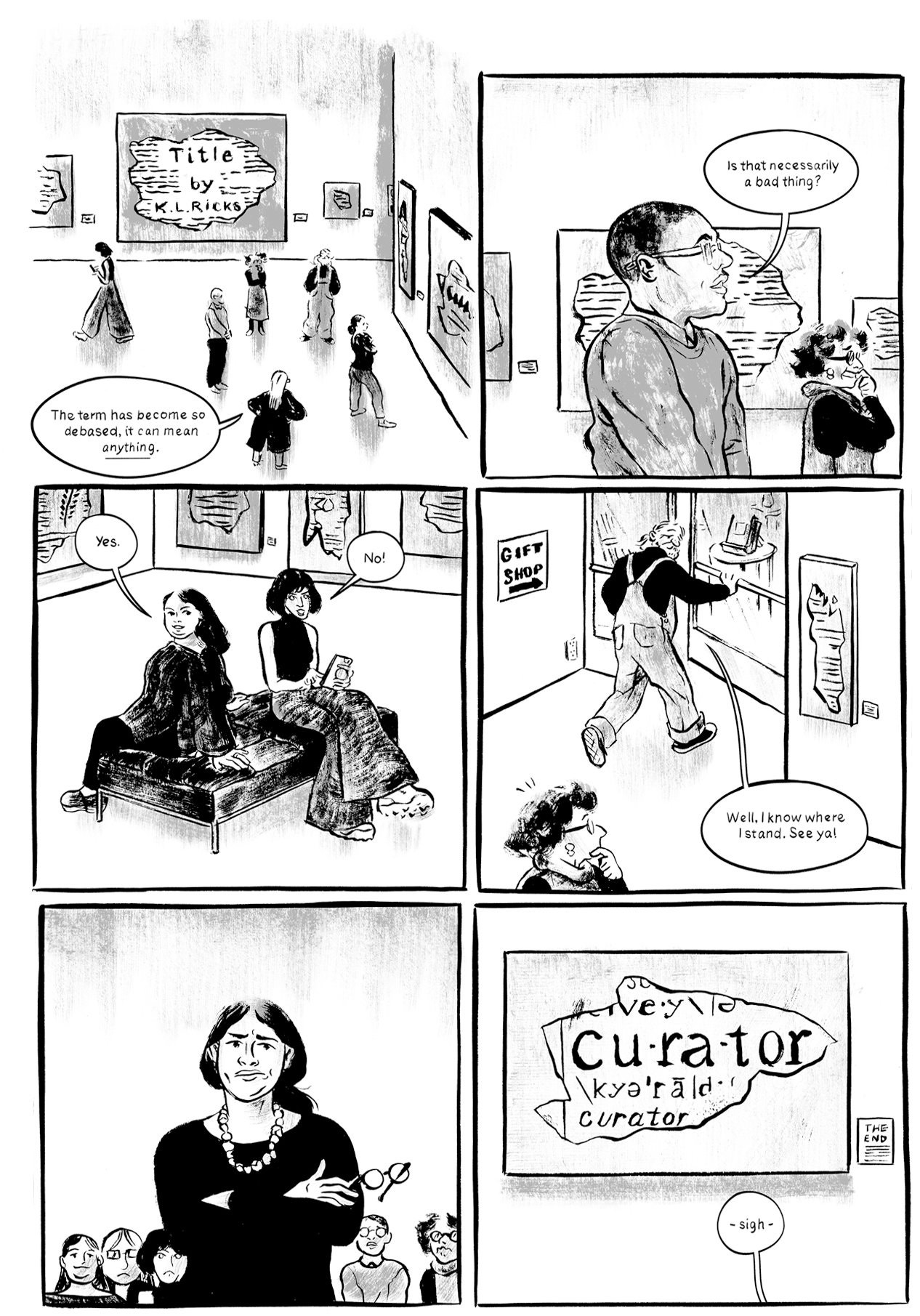Archive for March, 2020
Coronavirus à la japonaise
Everybody is talking about the latest pandemic. How do you say it in Japanese?
"‘Koronavairusu’ or ‘Koronauirusu?’ Japan Learns English: Excessive focus on 'proper' pronunciation skews English learning", Asia Sentinel, by Xiaochen Su (March 15, 2020)
—–
With much of Japan gripped with the fear of contracting the Covid-19 virus, which has stricken at least 639 and killed 16, the crisis has triggered an odd only-in-Japan controversy, pertaining to the word “virus.”
To a non-Japanese unfamiliar with the language, the difference between two transliterations of a foreign loanword may seem trivial. But the concern for how “virus” is pronounced is the latest example in a long list of foreign loan-words that are being deliberately Anglicized. Beer has gone from biru to bia, pizza from piza to pittsa, violin from baiorin to vaiorin…within the limits of Japanese syllabary, foreign words have become ever closer to the original English pronunciation.
While for decades the standard pronunciation of the term virus has been uirusu, owing to the loan-word originally coming from German, those in the Englishteachingcommunity have seized upon the chance to remind people that it ought to be pronounced vairusu instead.
Read the rest of this entry »
COVID-19 response?
https://twitter.com/thevirologist/status/1238227100521369600
Annual Reviews response to the COVID-19 pandemic
The Annual Reviews journals have released a list of relevant articles:
- Human Coronavirus: Host-Pathogen Interaction
- Coronavirus Host Range Expansion and Middle East Respiratory Syndrome Coronavirus Emergence: Biochemical Mechanisms and Evolutionary Perspectives
- Structure, Function, and Evolution of Coronavirus Spike Proteins
- Middle East Respiratory Syndrome: Emergence of a Pathogenic Human Coronavirus
- Glycan Engagement by Viruses: Receptor Switches and Specificity
- Thinking Outside the Triangle: Replication Fidelity of the Largest RNA Viruses
- Biochemical Aspects of Coronavirus Replication and Virus-Host Interaction
- Birth and Pathogenesis of Rogue Respiratory Viruses
- Severe Acute Respiratory Syndrome (SARS): A Year in Review
- The Immunobiology of SARS
- CORONAVIRUS: ORGANIZATION, REPLICATION AND EXPRESSION OF GENOME
Read the rest of this entry »
Archeological and linguistic evidence for the wheel in East Asia
The domesticated horse, the chariot, and the wheel came to East Asia from the west, and so did horse riding:
Mair, Victor H. "The Horse in Late Prehistoric China: Wresting Culture and Control from the 'Barbarians.'" In Marsha Levine, Colin Renfrew, and Katie Boyle, ed. Prehistoric steppe adaptation and the horse, McDonald Institute Monographs. Cambridge: McDonald Institute for Archaeological Research, 2003, pp. 163-187.
We now have newly unearthed archeological evidence for the introduction of wheeled vehicles to East Asia. Here is a link to the recent discovery of the oldest wheel-tracks at the Pingliang Tai site in Huaiyang, Henan Province 河南淮阳平粮台.
The Pingliang Tai tracks are 4,200 years old and were produced by a two-wheeled cart. In comparison, the oldest wheels in the West are much earlier.
Read the rest of this entry »
A Persian word in a Sinitic topolect
Yesterday afternoon at Indiana University I gave a wide-ranging lecture on Iranian and Chinese interconnections from the Bronze Age through the late imperial period. After the lecture, Chen Su, a doctoral candidate in Central Eurasian Studies, approached me and said that some of the points I made helped her to realize something about her own speech that had confused her for years.
Chen Su, who hails from Xi'an, where Guanzhong topolect is spoken, had noticed an interesting coincidence in the similarity of the pronunciation between Persian and Guanzhong topolect for the word “head”.
Read the rest of this entry »
Memes, parodies, puns, and other devices for discussing the coronavirus inside the Great Firewall
In the PRC, you'd best not say anything about COVID-19. It's more or less forbidden for citizens to talk about it, much less question the government's handling of the CRISIS (not a "dangerous opportunity"). Even the name and the very existence of the disease are highly problematic. Still, despite all the draconian censorship, people figure out various ways to circumvent the prohibitions and express their feelings and opinions.
"The coronavirus is inspiring memes, parodies and art in Asia as a way to cope", by David Pierson, Los Angeles Times (3/6/20)
"‘Noodles’ and ‘Pandas’: Chinese People Are Using Secret Code to Talk About Coronavirus Online". "'Vietnamese pho noodles,' anyone?", by David Gilbert, VICE (3/6/20)
Read the rest of this entry »
Real people in virtual worlds: a viral update?
The idea of real people interacting in virtual worlds has been a staple of SF writing at least since the 1980s. There have been networked multi-player games at least since the 1970s, and of course such games have become a big deal in recent years. And more and more, the meetings that I'm involved in have some or all participants joining via internet-based virtual meeting software, like Skype, Zoom, Chime, etc.
Read the rest of this entry »
Fancy diacritics
From Alex Baumans:
This has just popped up in my Facebook feed, so I have no idea where this comes from, or whether it has been doing the rounds. Anyway, for someone who regularly uses a spelling system with diacritics, it all seems a bit silly and parochial.
Semiotically, on beyond the metal umlaut!
"Cash money": cool or dead or both?
According to Know Your Meme,
That Wasn't Very Cash Money of You is a catchphrase associated with a drawing of the character Sayaka Miki from Puella Magi Madoka Magica wearing sunglasses. The phrase uses "cash money" to mean "cool." The image was turned into an exploitable in which other characters say the phrase, and the phrase itself has been paired with images of other characters, usually wearing sunglasses.

Read the rest of this entry »
Languages in Singapore
Fraser Howie called my attention to these two articles that look at language usage in Singapore from quite different angles:
"Revealed: The World’s Best Non-Native English Speaking Countries, 2019", by Anna Papadopoulos, Ceoworld (November 5, 2019)
"Singapore has almost wiped out its mother tongues: Elderly speakers of Cantonese, Hakka and Hokkien sometimes cannot talk to their own grandchildren", Asia (Feb 22nd 2020)
Read the rest of this entry »
Scaring off the coronavirus
From John Berenberg — "Coronavirus fears empty streets":



